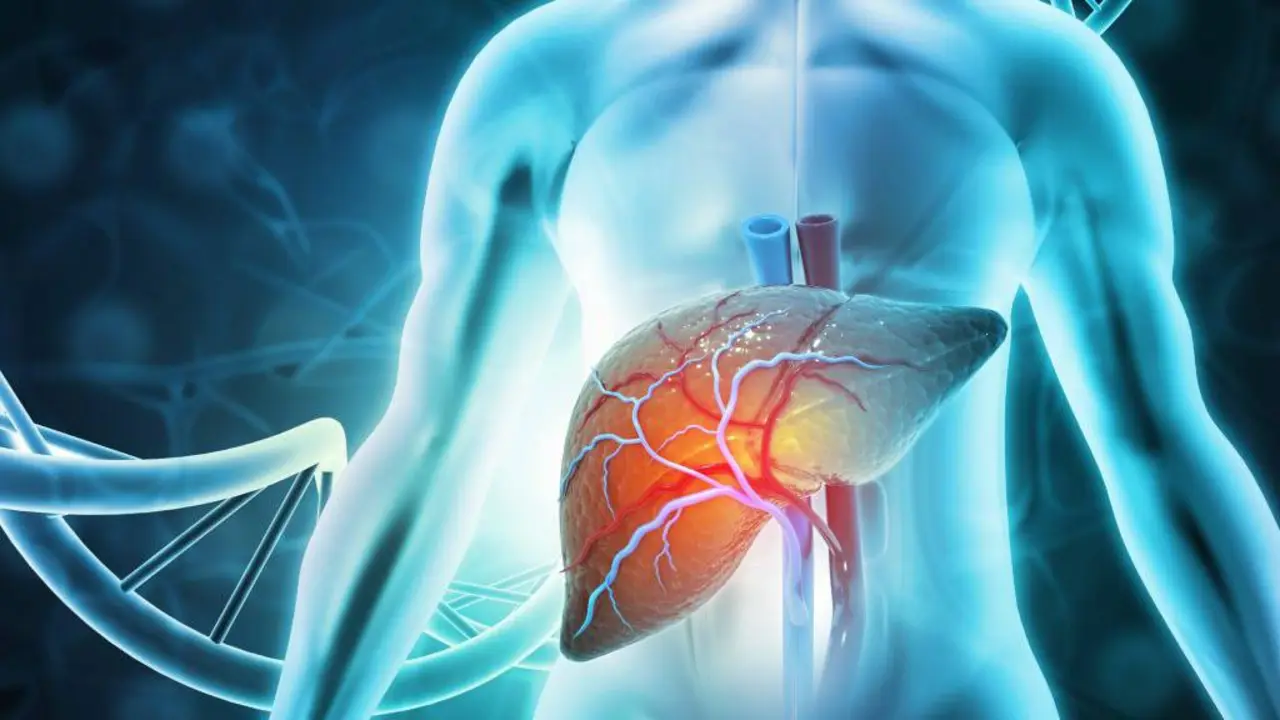Famotidine — What It Does and How to Use It
Famotidine is an H2 blocker that cuts stomach acid. People use it for heartburn, GERD, stomach ulcers, and to ease acid after NSAID use. You can find low-dose versions over the counter and higher doses by prescription.
How it works is simple: famotidine blocks histamine in the stomach lining so acid production drops. That helps with burning, sour taste, and sometimes with healing small ulcers. It won’t work as fast or as thoroughly as a proton pump inhibitor (PPI) for severe reflux, but it’s a good option for mild to moderate symptoms or for short-term use.
Common Dosing and Practical Tips
OTC famotidine is usually 10–20 mg. For adults, a common OTC approach is 20 mg once or twice a day for heartburn. Prescription doses vary—doctors may use 20–40 mg twice daily for ulcers or more for special cases. Take famotidine with water. If you have night-time heartburn, taking it at bedtime often helps more than a morning dose.
If you have kidney problems, your doctor will lower the dose. Older adults may also need adjustment. Don’t just double up if one dose doesn’t help—talk to a pharmacist or doctor. If symptoms persist for more than two weeks despite OTC use, see your provider to rule out something that needs more aggressive treatment.
Side Effects, Safety, and Interactions
Most people tolerate famotidine well. Common side effects are mild headaches, dizziness, or constipation. Serious reactions are rare but can include confusion or irregular heartbeat, especially in people with kidney disease or who take other strong medications.
Famotidine has fewer drug interactions than many acid drugs, but it can still affect how some medicines work. Tell your doctor about blood thinners, antifungals, or HIV medicines you take. Avoid mixing with very high doses of antacids at once—separate them by a couple of hours if possible.
Pregnancy and breastfeeding: short-term use at recommended doses is generally considered low risk, but check with your clinician if you’re pregnant or nursing. For children, follow pediatric dosing guidance—don’t guess the dose from adult packs.
When to see a doctor: if you have weight loss, difficulty swallowing, vomiting blood, black stools, or chest pain, get medical help. Also see care if heartburn returns after stopping famotidine or gets steadily worse.
Quick compare: famotidine (H2 blocker) vs PPIs — H2s act faster and are good for mild symptoms and night heartburn; PPIs are stronger and better for frequent or severe reflux and for healing ulcers. Your doctor can help pick the right class based on how bad your symptoms are and your other health problems.
Want a practical step? Keep a symptom diary: note food, timing, and medication. That helps your clinician pick the right dose or decide if you need a different drug.
Buying tips: compare prices, check expiry dates, and use pharmacies with clear contact info. If you order online, confirm prescription requirements and look for a verified seal. Keep meds in a cool, dry place. Safely.
Famotidine and Liver Disease: A Possible Treatment Option?
Hi everyone, it's always fantastic to share fresh insights with you guys! Today, we will take a deep dive into the possible use of Famotidine for treating liver disease. In this piece, we will explore the potential benefits, side-effects, and the latest research in this area. Join us as we unpack the science behind this potential breakthrough in medical treatment. Don’t miss out on learning how a common drug like Famotidine might become a beacon of hope for those battling with liver disease.

